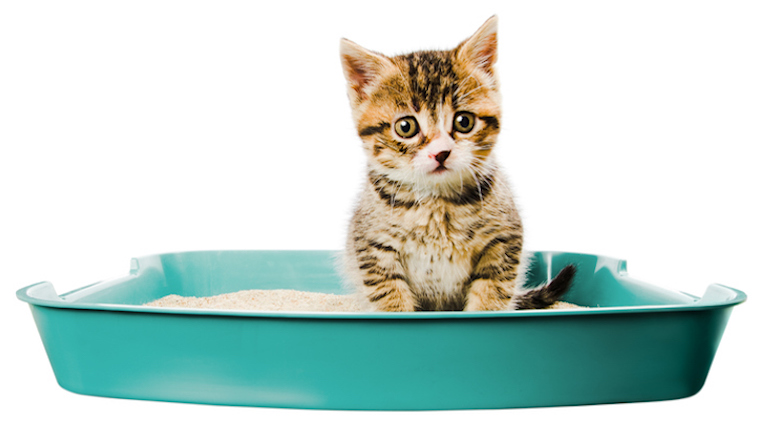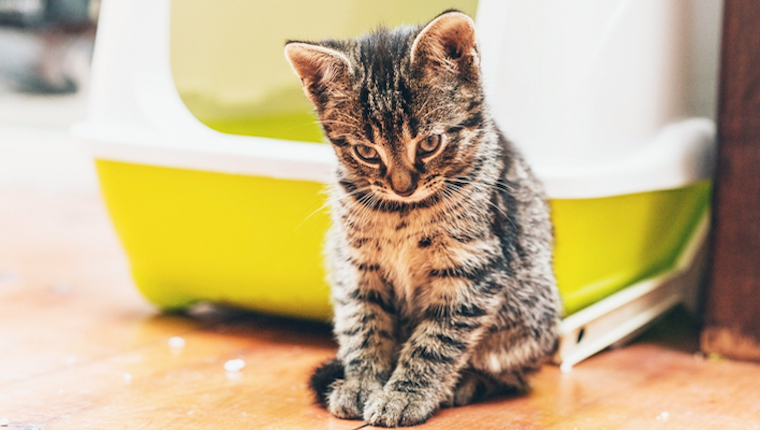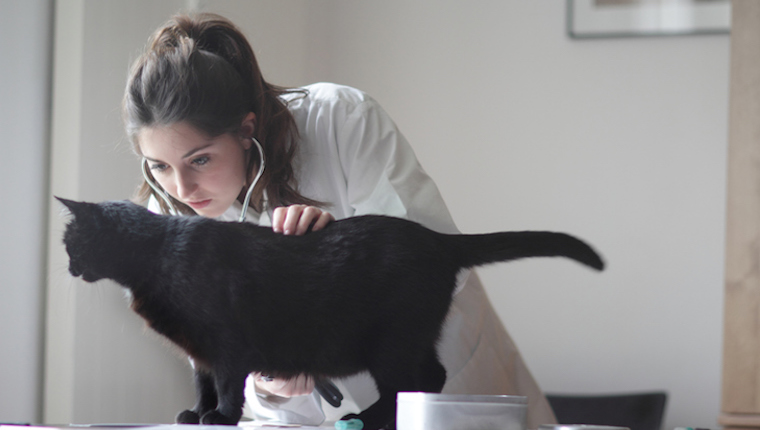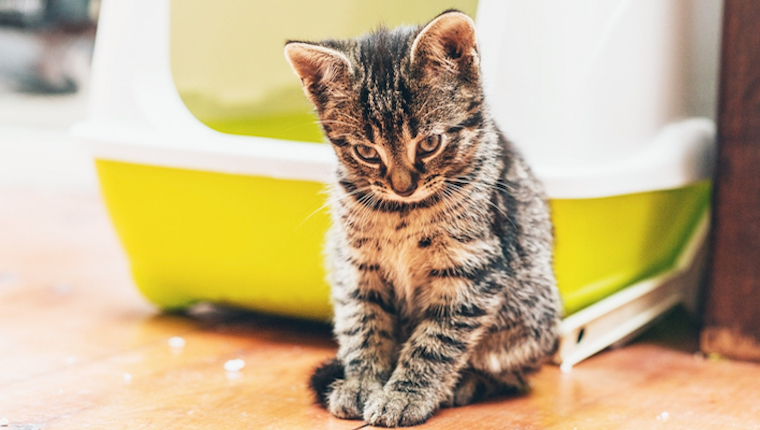
A urinary tract infection (UTI) is a medical issue that can affect cats, especially felines between one and four years old. Signs of UTIs in cats might include urinating too much, struggling to urinate or making pained noises while going, urinating outside the litter box, or even blood in the urine.
If you see the signs of a UTI in your cat, then you must call your veterinarian. They may ask you to bring your cat in for treatment or provide you with further advice.
Here’s what you need to know about the symptoms, causes, and treatments for UTIs in cats.
Symptoms Of Urinary Tract Infections In Cats

Regularly monitoring your cat’s litter box use will help you spot something out of the ordinary and find out if they’re suffering from a urinary tract infection.
If you notice that your feline has stopped peeing in the litter box or is trying to go, but no urine is coming out, then that’s a strong sign something is wrong.
If you see your kitty visiting the litter box way more frequently than they usually do, or if they’ve started to pee in inappropriate places other than the litter box, then that’s also an indication that something is amiss.
More serious urinary tract infections can also result in blood in the urine or your cat wailing or howling while going.
If you notice any of these symptoms, keep monitoring how your cat pees, and contact your vet. Let them know if symptoms continue to worsen.
Causes Of Urinary Tract Infections In Cats

Unfortunately, the specific causes of urinary tract infections in cats are sometimes unknown.
One suspected cause is urinary stones, which result when minerals collect together in the urinary tract.
Bacterial infections and viruses, along with parasites, can also result in a urinary tract infection in a cat.
Stress can aggravate a urinary tract infection; although, it’s not usually the primary reason behind the issue.
Veterinary Treatments

Many feline urinary tract infections can clear up without medical assistance; although, that doesn’t mean the symptoms won’t recur. That’s why it’s important to talk to your vet about treatment.
If you visit a vet with a cat who’s showing urination problems, they might collect urine samples and order an abdominal ultrasound if they suspect the cause is a blockage in the urethra. In less severe cases, prescription cat food is often recommended to help clear up the problem.
In general, as a cat parent, you’ll need to make sure your feline’s litter box is always clean, fresh water is on offer, and the cat is eating an appropriate diet, which your vet can help you with.
It’s also vital to provide a stress-free living environment for cats who’ve suffered from a UTI.
Has your cat ever suffered from a urinary tract infection? How did you treat it? Let us know in the comments below!









